OU News
News from The Open University
- Home
- Category: Space
Category: Space

Remembering inspirational physicist and author Stephen Hawking
We are extremely saddened to hear that world-renowned physicist Professor Stephen Hawking passed away today. Famous for his work with black holes and relativity, Professor Hawking inspired many people to look beyond our planet and understand space and the universe better. Despite living for many years with motor neurone disease, his achievements are remarkable. His […]
Read more about Remembering inspirational physicist and author Stephen Hawking
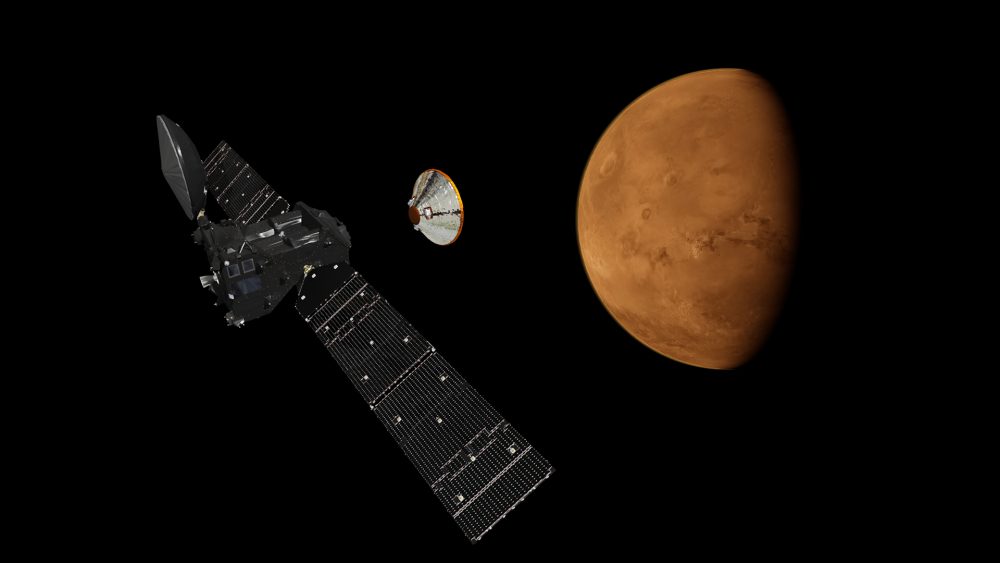
Search for methane on Mars starts as ExoMars Mission reaches final orbit
After a year of extremely dangerous aerobraking, the ExoMars Trace Gas Orbiter (TGO) will reach its final orbit and start collecting data from the atmosphere of Mars. Onboard the Orbiter is an instrument developed by academics from The Open University. Nadir and Occultation for MArs Discovery (NOMAD) will ‘sniff’ the atmosphere for methane – a […]
Read more about Search for methane on Mars starts as ExoMars Mission reaches final orbit
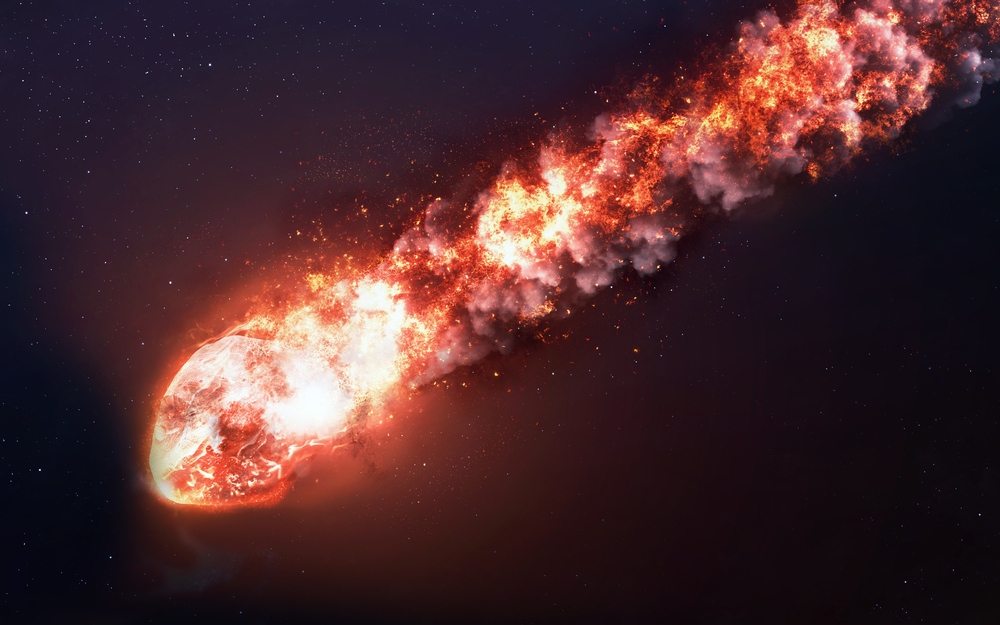
A huge asteroid wiped out the dinosaurs, but what danger do smaller ones pose?
A small asteroid passed relatively close to Earth this month, having been discovered just six days earlier. This might sound scary, but it’s unusual that such an object would actually collide with the Earth. Each year about 50,000 tonnes of extraterrestrial material (rocks and dust) hits our planet. This comes as tiny pieces – even […]
Read more about A huge asteroid wiped out the dinosaurs, but what danger do smaller ones pose?
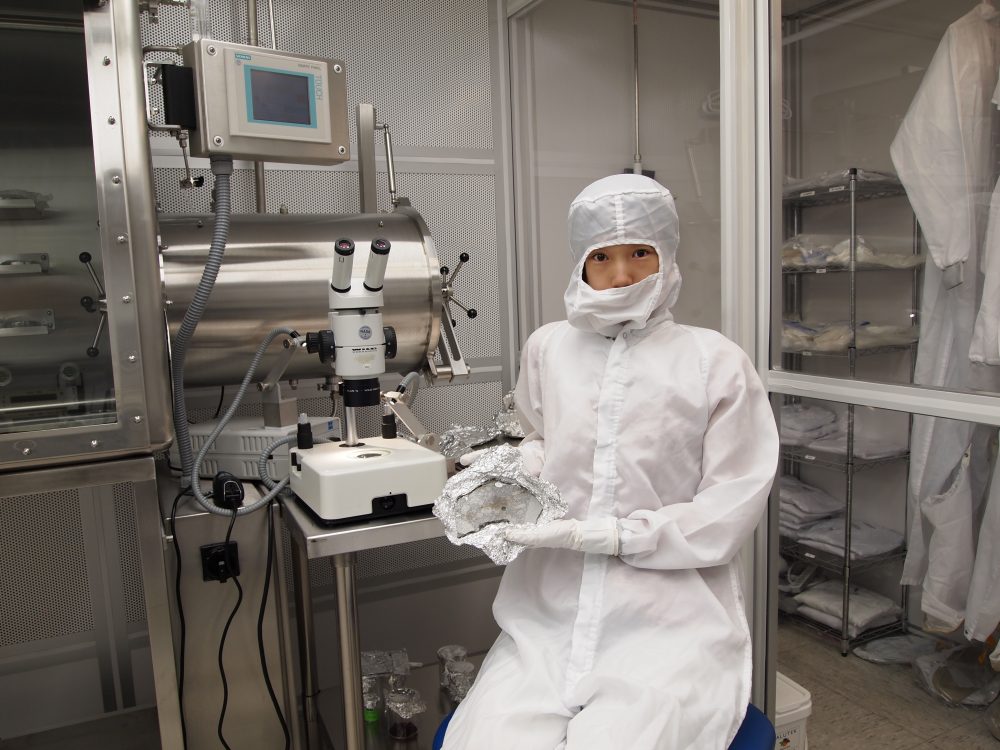
Tiny blue salt crystals from space reveal a big surprise
In 1998 two meteorites fell to earth, and on them were minuscule sapphire-coloured salt crystals. Now, 20 years on, science lab equipment is finally powerful enough to analyse these crystals – and the results have been startling. Organic compounds and liquid water have been found together for the first time on these 4.5 billion year […]
Read more about Tiny blue salt crystals from space reveal a big surprise
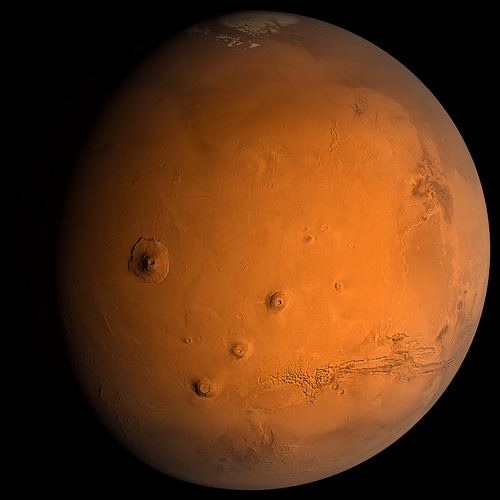
Scientists discover evidence of recent water flows on Mars
A team of scientists led by The Open University has discovered evidence of recent glacial meltwater on Mars, despite the widely-held view that the recent climate was too cold for ice to melt. Planetary scientists from the OU, in collaboration with University College Dublin, the University of Cambridge and the University of Nantes (CNRS), have […]
Read more about Scientists discover evidence of recent water flows on Mars
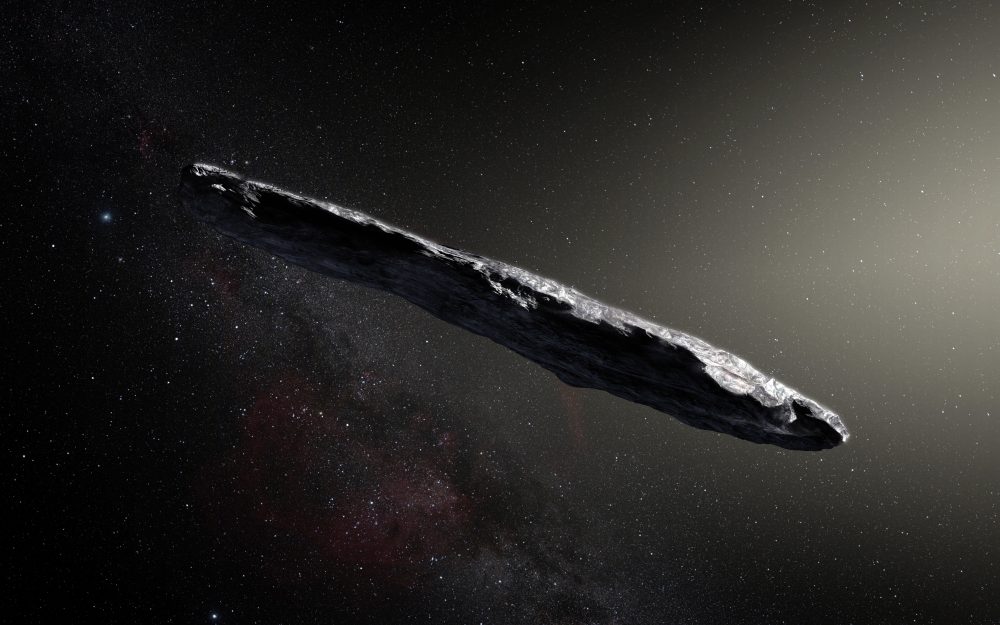
Discovery of cigar-shaped asteroid from outer space could help unveil secrets of extrasolar worlds
It came from outer space … and went back there two weeks later, having astonished and excited astronomers and planetary scientists. A cigar-shaped object, less than half a kilometre long and barely bright enough to be detected by the world’s most powerful telescopes, payed us a flying visit in October this year – reminding us […]
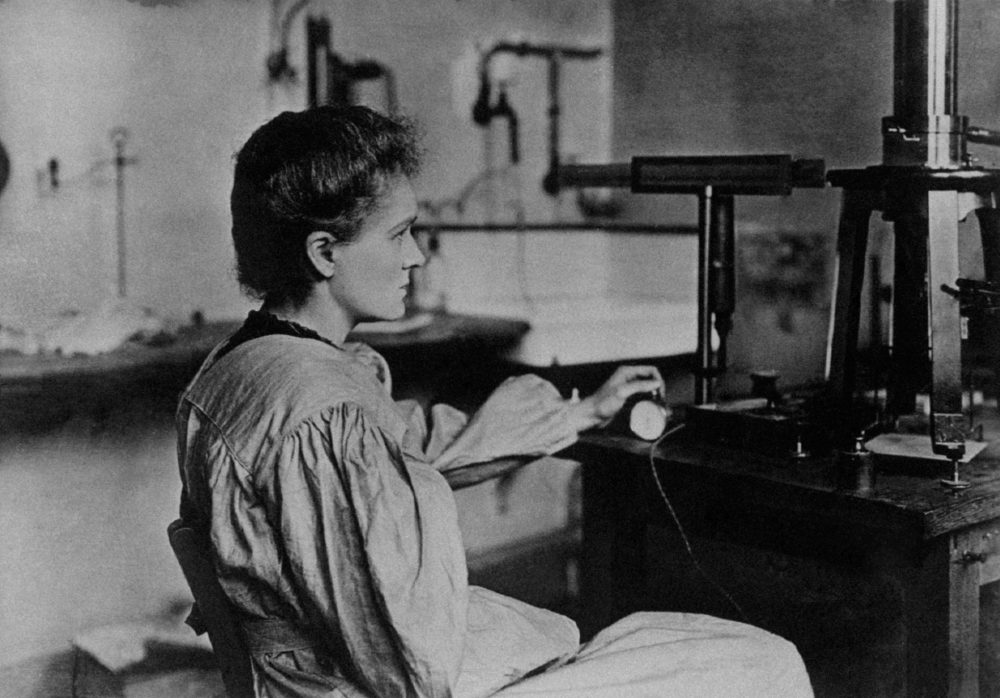
Is Marie Skłodowska Curie still a good role model for female scientists at 150?
Sometimes I’m glad I’m old(ish) and have made it up the career ladder. I can’t imagine what it must be like to be a young woman trying to become established today. Not only are they likely to be saddled with a large debt from university tuition, they must also contend with discrimination and harassment, no […]
Read more about Is Marie Skłodowska Curie still a good role model for female scientists at 150?
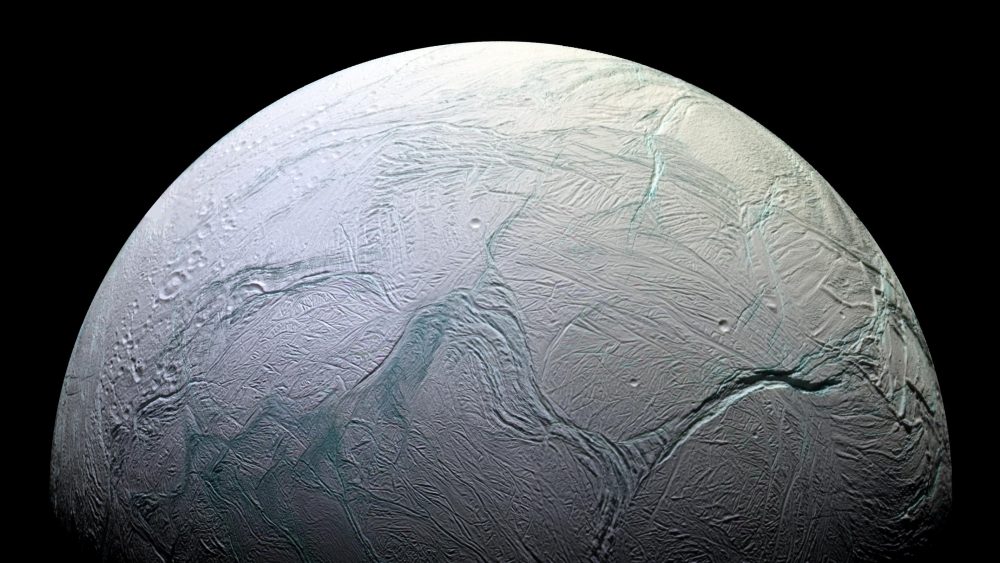
The internal ocean of Saturn’s moon Enceladus could be old enough to have evolved life, finds study
We recently bade farewell to the Cassini spacecraft, which after 13 years of faithfully orbiting Saturn and its moons was directed to plunge into the giant planet’s atmosphere. The reason for the “grand finale” was to guard against the possibility that Cassini might crash into one of Saturn’s moons – in particular Enceladus. With its […]
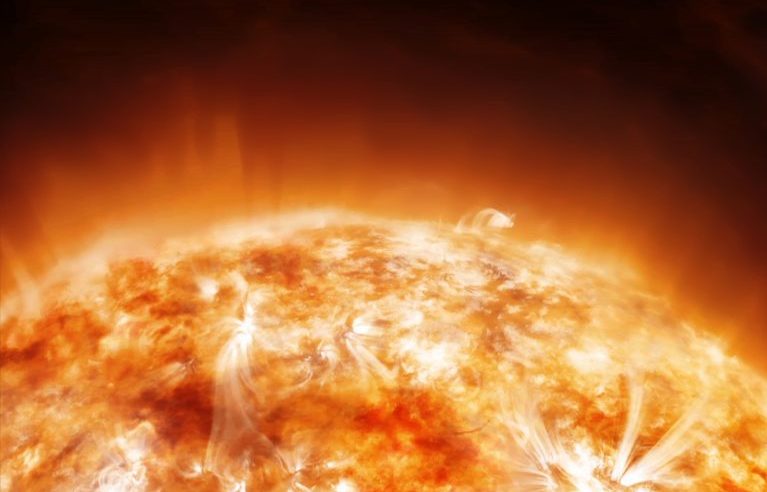
£3 million mission to understand the dangers of space weather
A team of international scientists, including academics from the OU, have been awarded £3 million to develop an instrument to research how the Earth’s atmosphere responds to powerful solar winds. The funding, which is from the UK Space Agency, will support academics collaborating on SMILE (the Solar wind Magnetosphere Ionosphere Link Explorer), a European Space […]
Read more about £3 million mission to understand the dangers of space weather
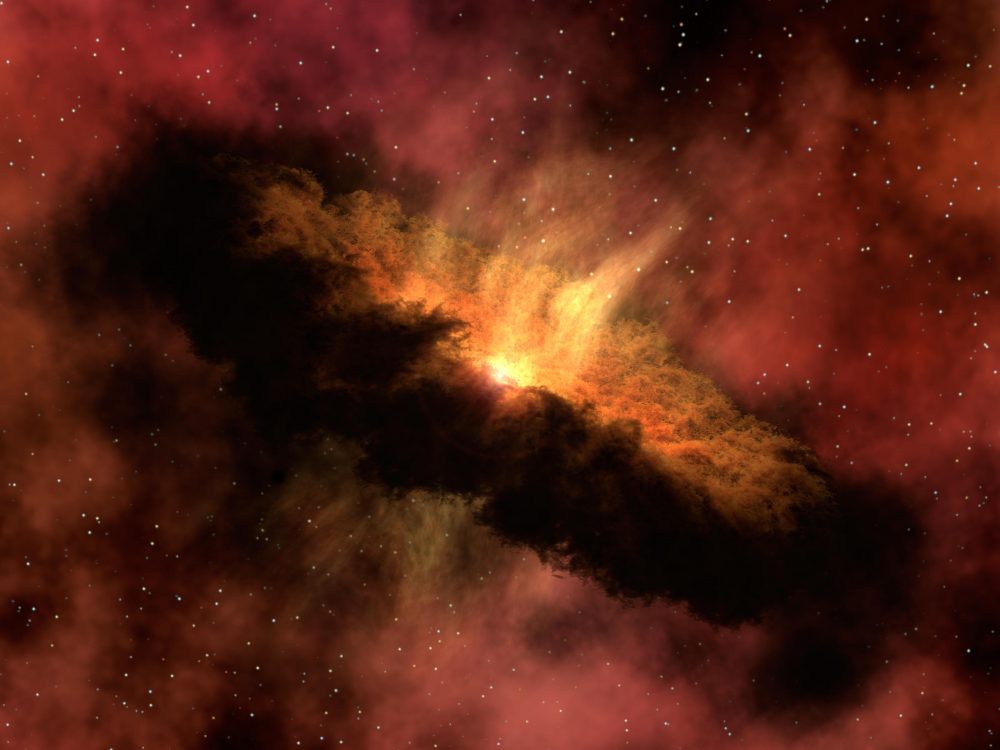
The Planet Building Mystery
Open University researchers have been investigating exactly how planet formation starts. Why do we need to know how planets form? Planets form as a by-product of star formation. Similar to asteroids, comets, and our Moon, planets are basically the left-over “junk” that isn’t incorporated into the star itself. However, planets (and other small bodies in […]
Page 11 of 17